Diflucan (fluconazole)
Diflucan Information
Diflucan is an antifungal medication. It is used to treat fungal infections. It is used to treat yeast infections of the mouth, throat, and esophagus; vaginal yeast infections; fungal Urinary Tract Infections; pneumonia caused by yeast; and fungal infections throughout the whole body and in the blood. Diflucan is also used to prevent fungal infections from occurring in people with suppressed immune systems such as cancer chemotherapy patients, organ transplant patients, and AIDS patients. Diflucan may also be used for purposes other than those listed in this medication guide.
Diflucan Warnings
Do not take Diflucan if you are taking cisapride (Propulsid). Combined with cisapride (Propulsid), fluconazole could cause serious, even fatal, heart problems. Rarely fluconazole has caused severe liver damage, sometimes resulting in death. Inform your doctor immediately if you develop nausea, vomiting, abdominal pain, unusual fatigue, loss of appetite, yellow skin or eyes, itching, dark urine, or clay colored stools. These symptoms may be early signs of liver damage. Rarely Diflucan has also caused severe skin rash, sometimes resulting in death. Diflucan is in the FDA pregnancy category C, i.e. it is not known whether it will be harmful to an unborn baby. Do not take fluconazole without first talking to your doctor if you are pregnant or could become pregnant during treatment. Diflucan passes into breast milk and may be harmful to a nursing baby. For this reason, fluconazole should not be taken by nursing mothers. Avoid alcohol or use it in moderation while taking Diflucan, they can both affect the liver.
Drug interaction: Do not take Diflucan if you are taking cisapride (Propulsid). Combined with cisapride (Propulsid), fluconazole could cause serious, even fatal, heart problems. Before taking Diflucan , tell your doctor if you are taking any other medicines, especially any of the following: – an oral diabetes medicine such as glipizide (Glucotrol), glyburide (Diabeta, Micronase, Glynase), tolbutamide (Orinase), tolazamide (Tolinase), chlorpropamide (Diabinese), and others; -warfarin (Coumadin); -phenytoin (Dilantin, others); -cyclosporine (Sandimmune, Neoral); -cisapride (Propulsid); -a benzodiazepine such as diazepam (Valium), lorazepam (Ativan), alprazolam (Xanax), estazolam (ProSom) You may not be able to take Diflucan , or you may require a dosage adjustment or special monitoring during treatment if you are taking any of the medicines listed above.
Diflucan Side effects
Stop taking Diflucan and contact your doctor immediately if you experience any of the following serious side effects: -an allergic reaction like difficulty in breathing; closing of the throat; swelling of the lips, tongue, or face; or hives); -liver damage (pale stools, yellowing of the skin or eyes, abdominal pain, unusual fatigue, or dark urine.
Diflucan Overdose
Take emergency medical attention if an overdose of Diflucan is suspected. Symptoms of a Diflucan overdose include confusion, hallucinations, paranoia, decreased movement, decreased breathing, tearing eyes, drooling, urinary incontinence, seizures, and death. Take the missed dose as soon as you remember. If it is almost time for the next dose, skip the dose you missed and take only the next regularly scheduled dose as directed. Do not take a double dose of this medication unless otherwise directed by your doctor.
Diflucan Usage guidelines
Take Diflucan exactly as directed by your doctor. If you do not understand these instructions, ask your pharmacist, nurse, or doctor to explain them to you. Take each dose with a full glass of water. A single dose of this medication is often used to treat vaginal yeast infections. Store the tablets at room temperature away from moisture and heat. Do not let it freeze.
Buy Diflucan
In some countries DIFLUCAN may also be known as: Fluconazole, Biozolene, Elazor, Fungata, Lavisa, Solacap, Triflucan, Candimicol, Damicol, Femixol, Fluconovag, Fluzol, Fungocina, Fungototal, Honguil Plus, Klonazol, Micolis Novo, Mutum, Naxo C, Nifurtox, Niofen, Ponaris, Periplum, Proseda F, Ozole, Diflucohexal, Fluconabene, Flucosept, Candix, Candizol, Farmazol, Floltec, Flucodan, Flucoltrix, Flucomed, Fluconeo, Flucozen, Flucozix, Flunal, Flutec, Glyfucan, Helmicin, Monipax, Riconazol, Pantec, Zelix, Zolanix, Zolmic, Zolstatin, Zoltec, Microvaccin, Plusgin, Tavor, FlucoLich, Flunazul, Figalol, Flusenil, Fungustatin, Fungusteril, Gynosant, Hadlinol, Rifagen, Stabilanol, Tierlite, Flucoric, Forcan, Lucon, Nofung, Stalene, Afungil, Bioxel, Fectrin, Funser, Neofomiral, Ongicil, Oxifungol, Solarisol, Zoldicam, Syscan, Flumycon, Reforce, Supremase, Medoflucon, Mykantol, Flunco, Funa, Kyrin, Kandizol, Canesten Oral, Lumen, Zolax, Aflumicort, Albesin, Flucess, Fungomax

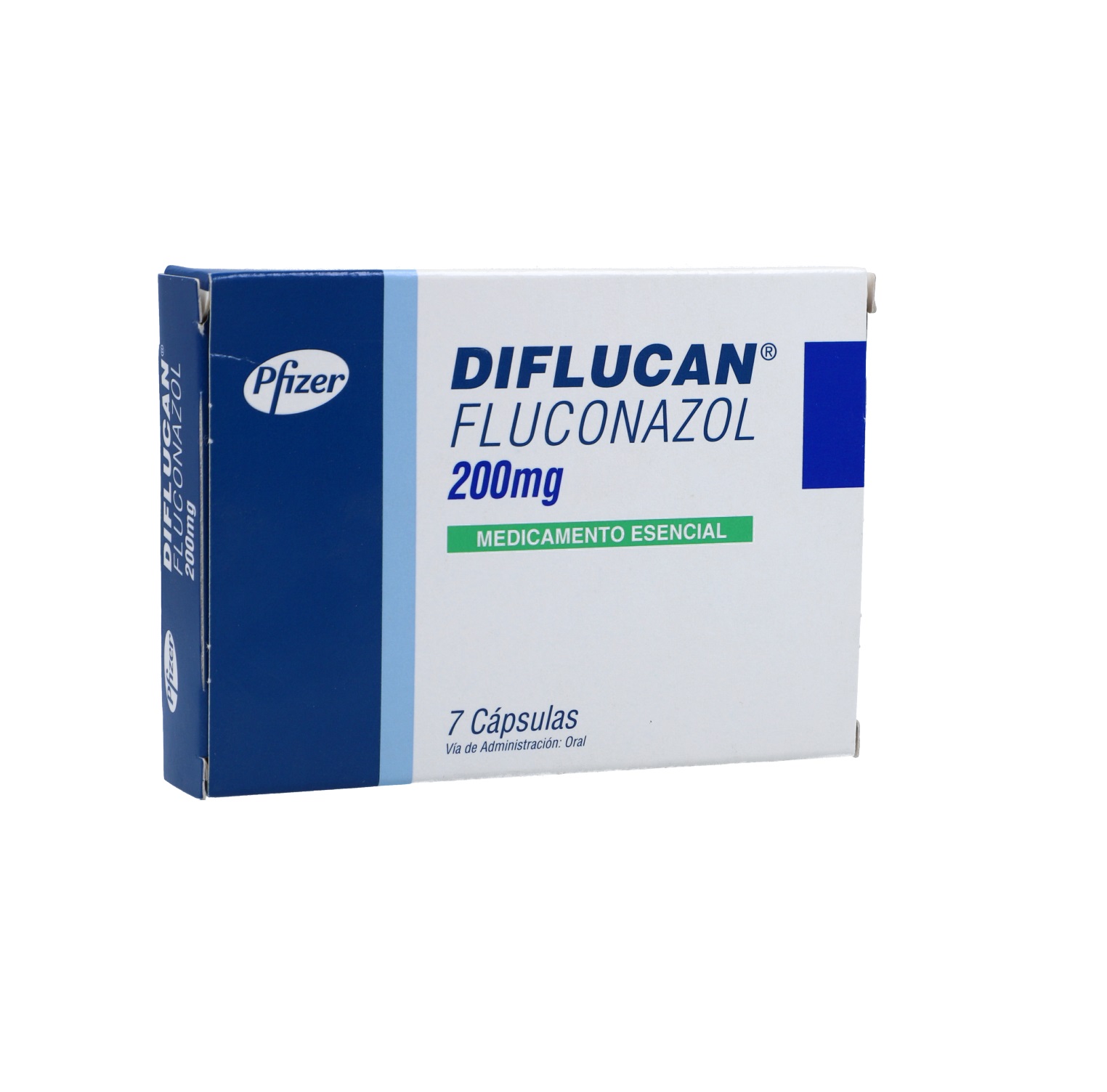
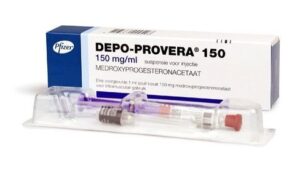
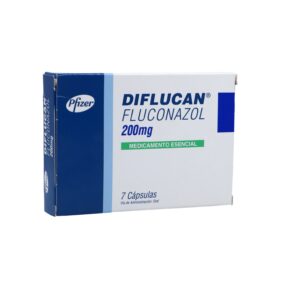
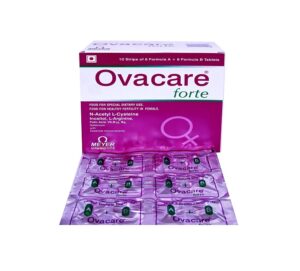
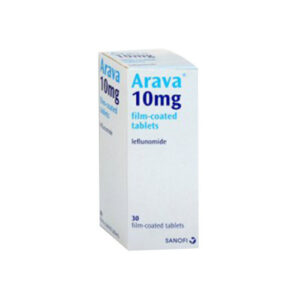
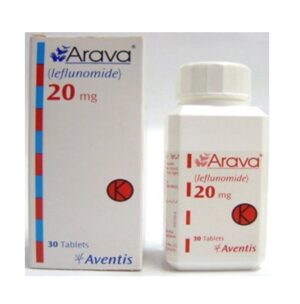
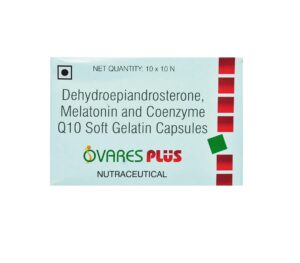
Reviews
There are no reviews yet.